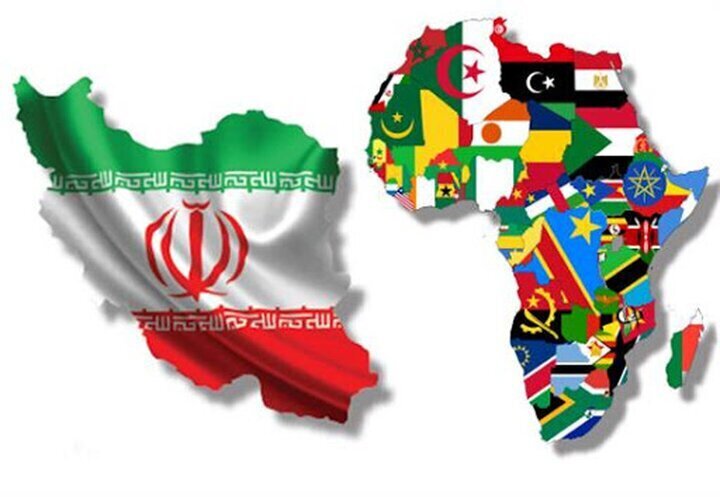Iran steps up drive to tap Africa’s markets via new transport gateways

TEHRAN – Iran has stepped up engagement with Africa in recent months, sealing agreements with Tunisia and holding high-level meetings aimed at tapping into the continent’s growing markets. But experts warn that lasting success depends on removing structural barriers, especially in transport and financial channels.
During a visit to Tunis on September 9, Foreign Minister Abbas Araghchi signed a package of accords that included visa-free travel for up to 15 days, the launch of direct Tehran–Tunis flights, the creation of a joint economic commission and initiatives to boost tourism. Tunis, with its position in North Africa, is viewed in Tehran as a gateway for wider trade with the region.
Despite the political goodwill, analysts say many previous memoranda of understanding with African partners have remained on paper. Persistent obstacles such as high transport costs, limited shipping options, financial transfer difficulties, poor market knowledge and regional competition continue to constrain trade.
Masoud Barhaman, head of the Iran–Africa Joint Chamber of Commerce, said Africa represents one of Iran’s most important future markets, with opportunities in agriculture, engineering services and basic commodities. He stressed the chamber’s role in mobilizing the private sector and using international networks to expand Iran’s footprint.
Rouhollah Latifi, spokesman of the Trade Development Commission of Iran’s Chamber of Commerce, noted that Iranian exports to Tunisia rose significantly in the first five months of this year, though Tehran’s overall share of Tunisian imports remains negligible. He argued that sustainable growth will only come if transport routes are regular and affordable, financial mechanisms such as barter or settlement channels are developed, and products are actively promoted through exhibitions and trade events.
Available data show that Iran’s iron and steel exports to Tunisia brought in about $7.5 million in recent years, underlining the potential of Africa’s markets. But some Iranian agricultural goods such as raisins and pistachios still reach African buyers indirectly through hubs like Dubai, rebranded under third-country origins due to the lack of direct logistical and financial pathways.
Officials and experts say overcoming these structural hurdles could unlock opportunities in a continent of more than one billion people. The recent accords with Tunisia and stronger emphasis on economic diplomacy signal Tehran’s intent, but translating political ties into trade flows will require sustained investment and practical reforms.
EF/
Leave a Comment